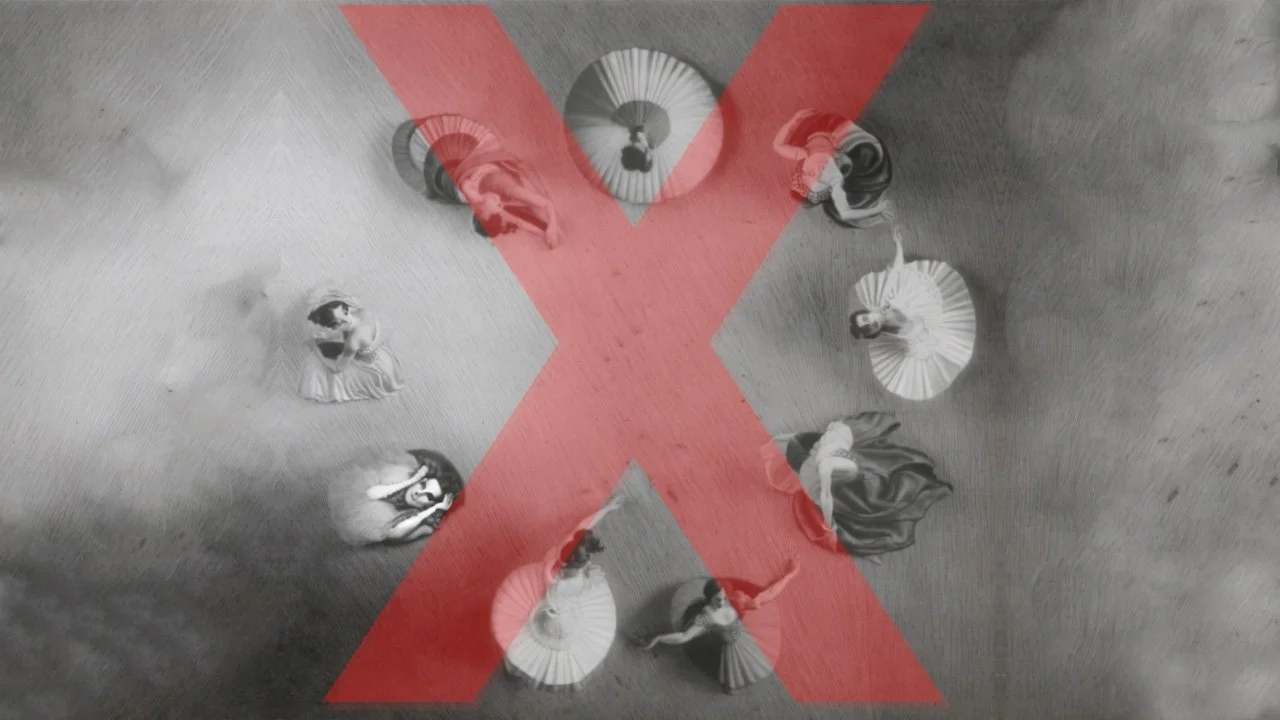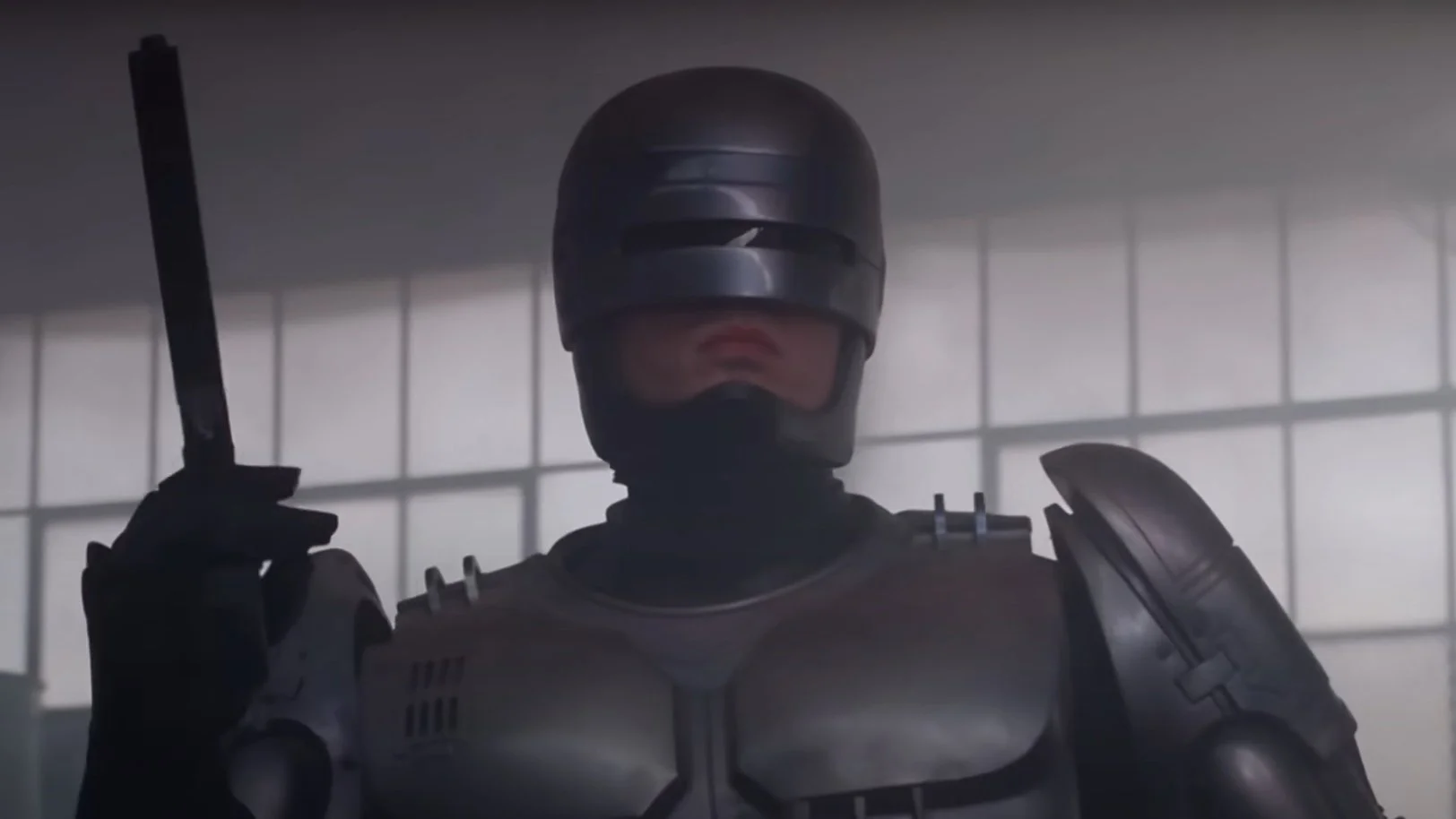Comic Book 'Zarya Of The Dawn' Takes Its Place In History As The U.S. Copyright Office Makes Landmark Decision To Reject The First Submitted A.I. Created Work
Image Source: Newshub
In a world with potentially world-altering ideas such as chat GPT, there are a lot of conversations that need to be had soon. With copyright clearly being one of these issues, the idea of the US Copyright Office (USCO) turning down the copyright of AI-generated artwork might be a sigh of relief for a lot of artists.
Zarya of The Dawn is a comic book created by Kris Kashtanova, who wrote the text. The work was originally granted copyright until Kashtanova’s social media showed that they used Midjourney’s AI to create the images. Midjourney is an independent research lab that produces AI art.
RELATED:
The decision to grant copyright protection was reversed, stating that the work done by Kashtanova was “too minor and imperceptible to supply the necessary creativity for copyright protection.” Although Kashtanova still owns the copyright to the text, selection, coordination, and arrangement of the Work’s written and visual elements, the author does not own the art itself. Similar statements have recently been made about work such as NFTs.
Image Source: Softonic
The USCO has since provided more structure about artwork generated by AI, and how much human input is required to grant copyright protection, stating that a human entering text into an AI is not sufficient, and that, “A person who provides text prompts to Midjourney does not ‘actually form’ the generated images and is not the ‘master mind’ behind them. Instead […] Midjourney begins the image generation process with a field of visual ‘noise,’ which is refined based on tokens created from user prompts that relate to Midjourney’s training database. The information in the prompt may ‘influence’ the generated image, but prompt text does not dictate a specific result.”
LA artist Maijin The Artist posted on Twitter that the decision to reject AI-created work is “a major win for artists and creators all across the country...and the world.”
READ NEXT:
Source(s): Twitter, Gizmodo, Creative Commons













